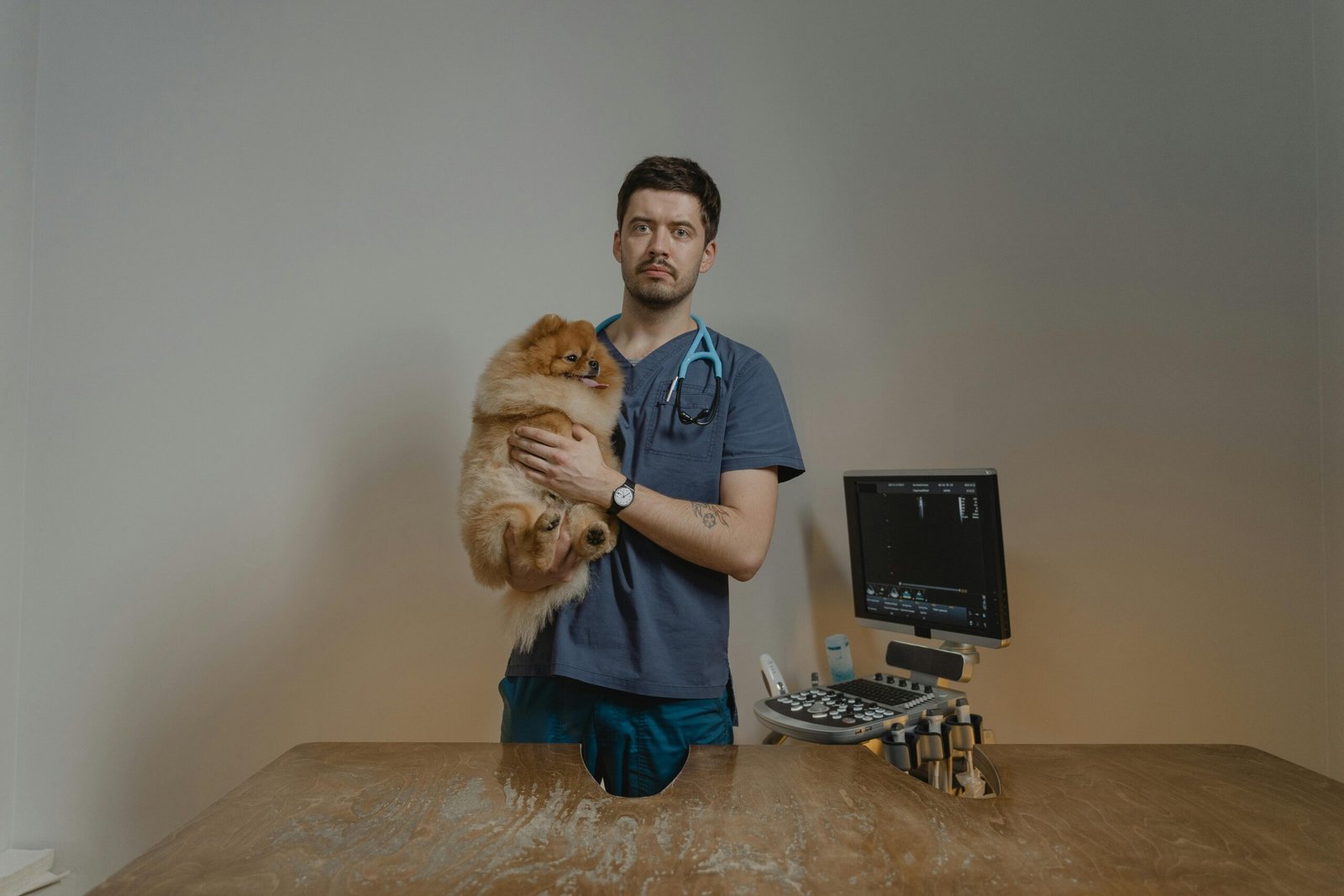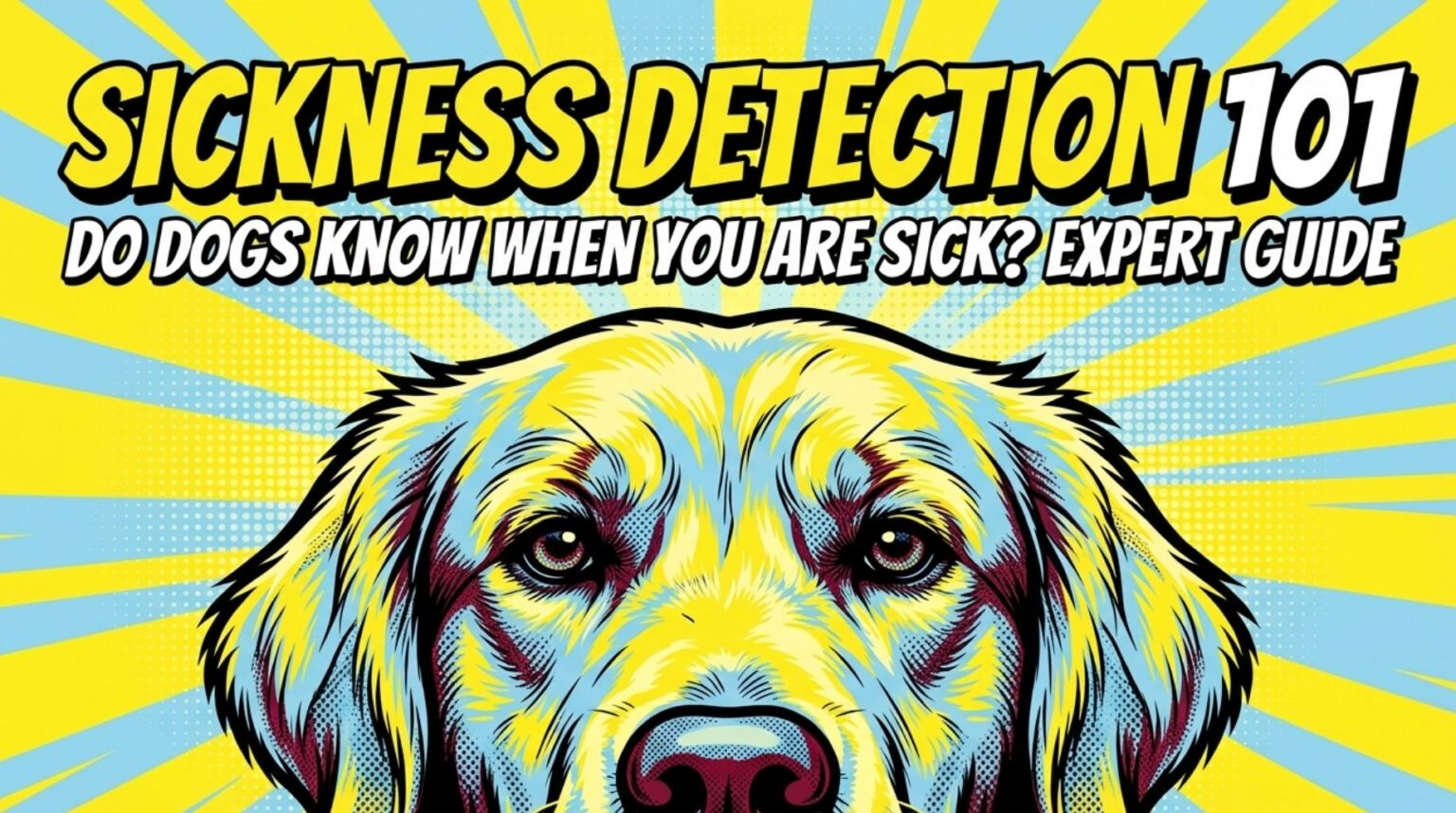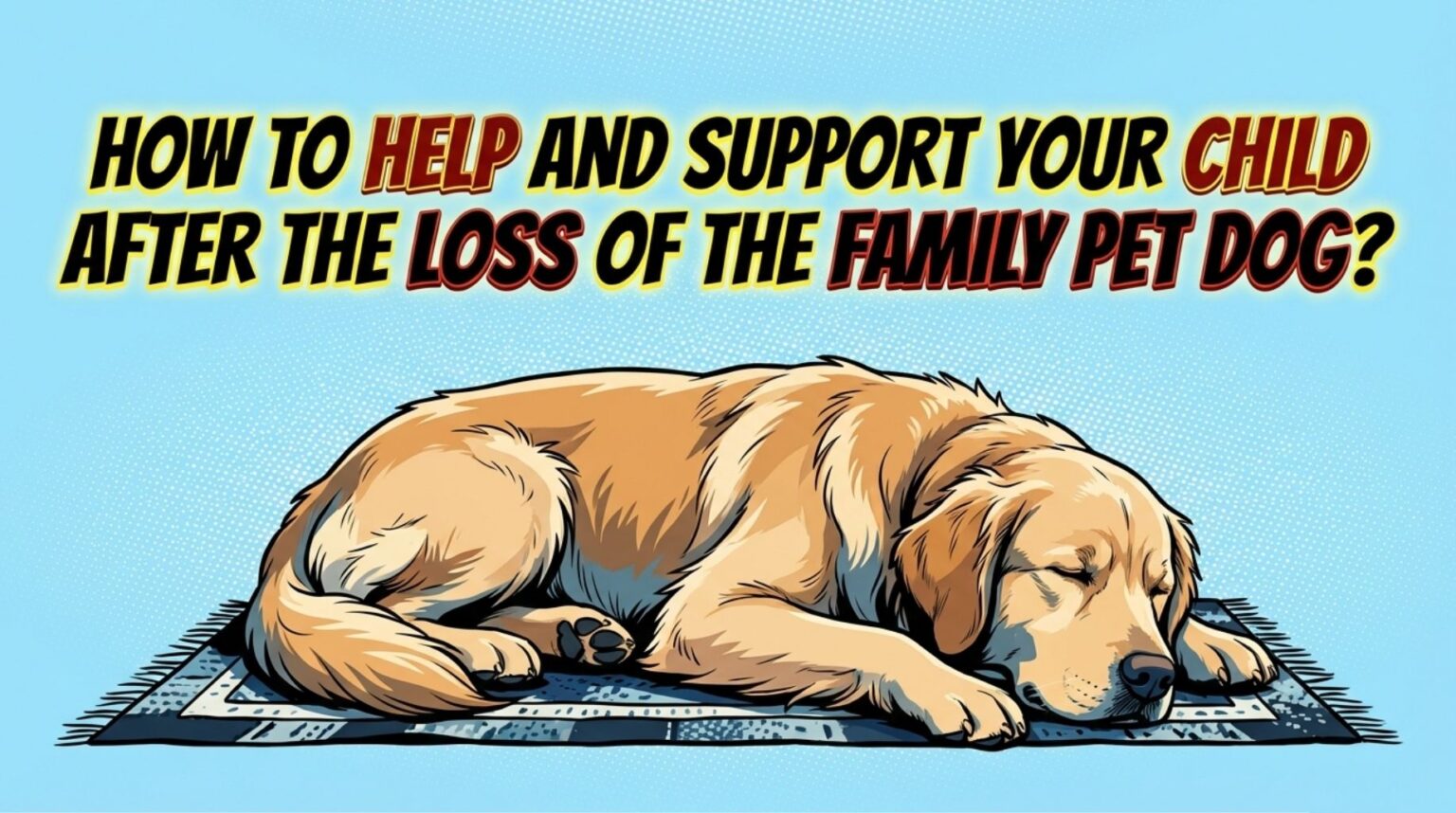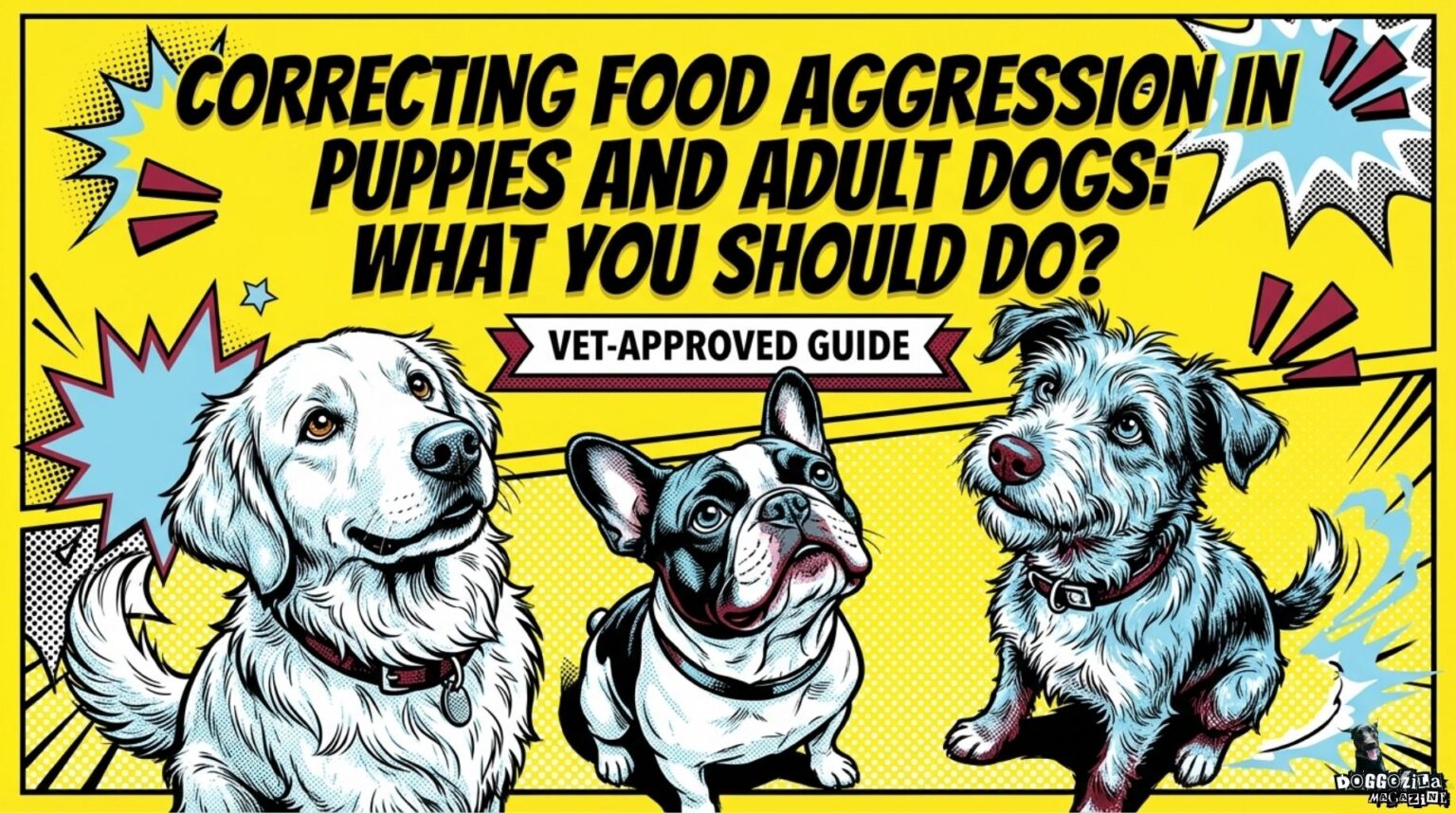Dog Care Tips
Paws & Reflect: Your Ultimate Happy and Healthy Dog Care Tips
Welcome, dog lovers! Whether you’re a seasoned pet parent or you’ve just welcomed a new furry bundle of joy into your home, the journey of dog ownership is one of the most rewarding adventures. But let’s be honest, it can also be a little overwhelming. That is why here you can find lots of articles with dog care tips and advice from experts.
How do you ensure you’re giving your best friend the best life possible? Don’t worry, we’ve got your back. We’ve compiled our top essential dog care tips to help you navigate the world of wagging tails and wet noses.

Nutrition: The Foundation of Health
A balanced diet is as crucial for your pup as it is for you. What you put in their bowl fuels their energy, supports their immune system, and keeps their coat shiny.
___
Quality Matters: Choose a high-quality dog food that is appropriate for your dog’s age (puppy, adult, senior), size, and activity level. Look for real meat as the first ingredient.
___
Portion Control: Follow the feeding guidelines on the bag, but remember they are just a starting point! Adjust portions based on your dog’s metabolism and activity to prevent obesity. When in doubt, consult your vet.
___
Human Food Hazards: While those puppy-dog eyes are hard to resist, many human foods are toxic to dogs. Steer clear of chocolate, grapes, raisins, onions, garlic, and anything sweetened with xylitol.
___
Fresh Water Always: Ensure a clean, fresh bowl of water is available at all times. Hydration is key!
Exercise & Mental Stimulation: A Tired Dog is a Happy Dog
Physical and mental exercise are non-negotiable for a well-behaved and content dog.
___
Daily Movement: The exercise needs vary by breed, but every dog needs daily activity. This could be a long walk, a vigorous game of fetch, or a run in a secure dog park.
___
Engage Their Brain: Prevent boredom (and the destructive behaviors that come with it!) with puzzle toys, training sessions, or hide-and-seek games. Mental stimulation can be just as tiring as a long walk.
___
Social Butterflies: Safe, controlled socialization with other dogs and people is vital for their development and confidence.
Grooming: More Than Just Good Looks
Grooming isn’t about vanity, it’s a key part of preventative health care.
___
Coat Care: Regular brushing removes dirt, loose fur, and prevents mats. The frequency depends on their coat type, a short-haired breed might need it weekly, while a long-haired breed may need daily attention.
___
Bath Time: Bathe your dog every 4-6 weeks, or when they get particularly dirty. Use a shampoo formulated specifically for dogs to avoid skin irritation.
___
Nail Trimming: Long nails can be painful and cause problems with walking. Trim them every 3-4 weeks, or if you hear them clicking on the floor.
___
Ears & Teeth: Check ears weekly for redness or a bad odor. Brush your dog’s teeth several times a week with dog-specific toothpaste to prevent dental disease.
Veterinary Care & Preventative Measures
Partnering with a trusted veterinarian is one of the most important things you can do for your dog.
___
Regular Check-ups: Annual vet visits are essential for vaccinations and overall health screenings. For older dogs, bi-annual visits are often recommended.
___
Parasite Prevention: Keep your dog on a year-round preventative regimen for fleas, ticks, and heartworms. These pests are more than just a nuisance; they can cause serious illness.
___
Spay/Neuter: Unless you are a responsible breeder, spaying or neutering your pet has significant health and behavioral benefits and helps control the pet population.
Training & Bonding: Building a Lifelong Friendship
A well-trained dog is a safe and happy dog, and the training process strengthens your bond immensely.
___
Positive Reinforcement: Use rewards like treats, praise, and play to encourage good behavior. This method builds trust and makes learning fun.
___
Consistency is Key: Everyone in the household should use the same commands and rules. This prevents confusion and helps your dog learn faster.
___
Patience, Patience, Patience: Dogs learn at their own pace. Keep training sessions short, positive, and end on a high note.
Caring for a dog is a big responsibility, but it’s filled with more love, licks, and laughter than you can imagine. By focusing on these core pillars of care, you’re not just a pet owner, you’re your dog’s whole world.
Paws up for happy and healthy dogs!
___
Read the articles with top dog care tips!











